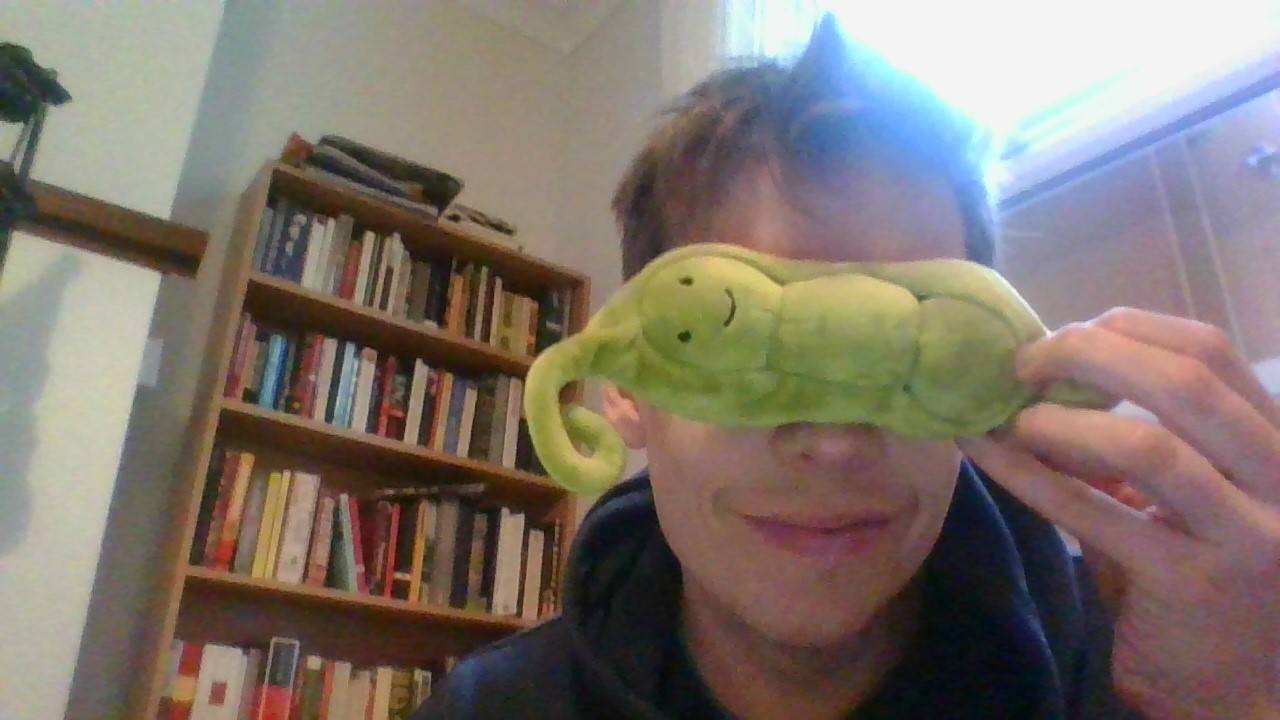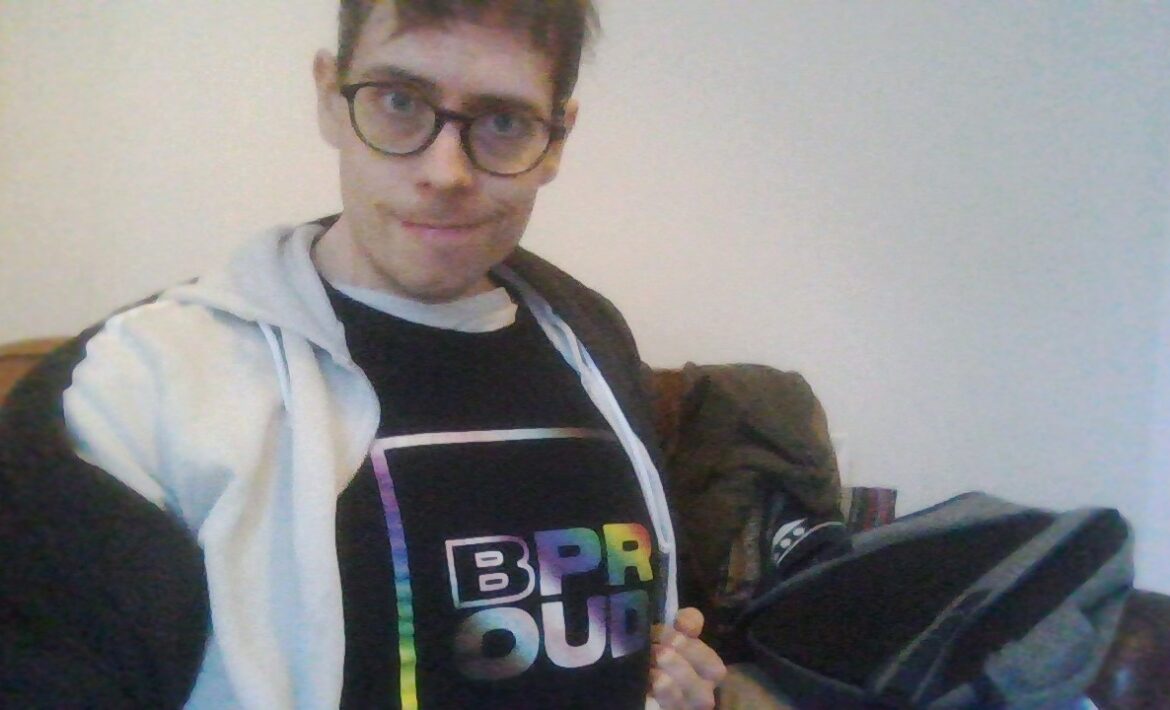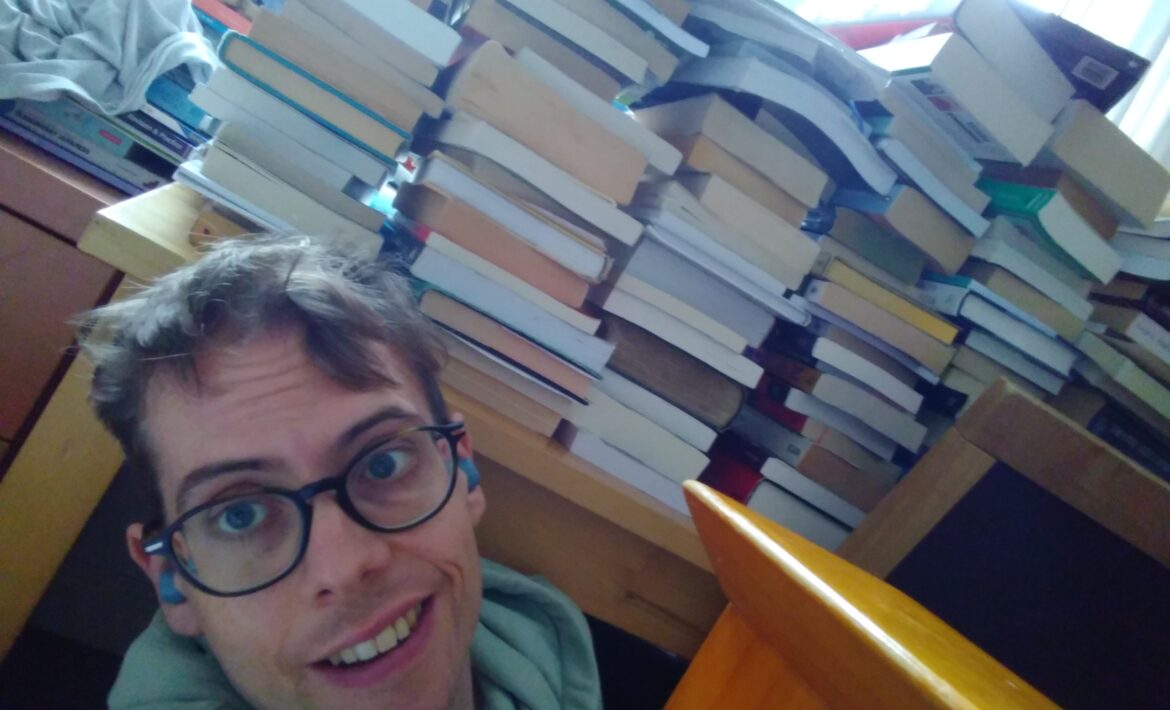
Monday 18th November 2021: Meltdowns and Burn-Out (part x/∞)
Hi everyone,
Yes, again I start with an apology. I’ve been away for a few weeks. The reason? Overwork. Of course. I have a long-standing commitment to pushing myself far too hard. If you’ve been with this blog for a while, you know this. I work too much. The fact my partner didn’t have a job until this week didn’t help with that at all.
Of course, afterwards, that’s easy to see. It always is. But that’s the point of meltdowns. Meltdowns happen when exhaustion runs so high that I’m unable to see how and why I melt down.
This has to do with something called ‘alexithymia’. It’s present in most autistic people, as well as a majority of people with PTSD. It’s when we become unaware of the things we’re (supposed to be) feeling. This can be as random as not knowing when to eat or go to the toilet – or as potentially dangerous as not knowing when to eat or go to the toilet. In me, this is exacerbated by tiredness. Everything is worse when I’m tired. I’m learning to not be as vicious towards myself for needing rest when I need it. But it’s a slow process.
On October 21st, I had had a tough week already. I was exhausted and I hadn’t had a single day off in the two previous weeks. My partner also didn’t have a job yet, so I was even more concerned about getting things done. My partner’s dyspraxia also stops him from helping around the house more often. This can get to the point of him wanting to be helpful but lacking the knowledge and skills to be able to already things flawlessly. This causes anxiety, which I will then need to help him with. This added to the fact that, for one job, I was commuting into Bristol two days a week.
The kids I taught there were wonderful. However, the school was far away, which meant I had to spend a lot of time travelling, including cycling from and back to the station in one of the biggest cities in the country. There wasn’t a lot of time to get everything done. The school, with its specific social codes and a constant necessity for me not to stand out, while also asserting myself as a teacher, was extraordinarily exhausting though. Don’t get me wrong, the staff were all lovely, without exception. It is just that schools expect a teacher to exist in a space in a very particular way – a neurotypical way. It’s the type of masking that, after the pandemic, I’m just no longer used to. Then there was the school bell, which is probably the one worst thing about teaching in schools. The sound goes through my bone marrow. Add that to the fact I was teaching maths (!) for the first time ever as well as English, bad sleep and nightmares and you’ve got a bomb waiting to burst.
It burst when I’d just been to the gym and I was on my way to the station. I was on the phone to my partner when it all went south. I was talking about some serious emotional stuff and was super vulnerable. That is the moment I realise my bag is gone. I’d put it on the back of my bike. But, despite fastening it, it was no longer there. It disappeared between the gym and the train station, over a twelve-minute period. I realised it was gone just as I was trying to go through the gates. I raced back to the gym, but nobody had seen it there either.
I raced to the station and there, of course, nobody had seen it. The meltdown took over. I started banging my head, till I was bleeding. I wasn’t touched by anyone at the station, thankfully, or shouted at. I was gently persuaded to go to the Bath police station at Manvers St where I could report it missing.
The bag contained a lot of vital things. My laptop, for one. But also 3 books, 2 A4 notebooks, 1 book owned by my friend Harry that they wanted to send to their mum and my A5 diary that I write myself. I get a lot out of writing a diary. It’s indicative that I have too much on if I can’t find the time to write it, which I hadn’t for a while. Bad physical and mental health also frequently cause me to miss out days. Not having my diary (or, as I call it, my daybook) is beyond painful. It really upset me that it was taken away when I was sectioned in 2017. It feels like my capacity to put the past into words is taken away from me. Not a nice feeling. It just escalated everything when I couldn’t look at it when I needed to most.
I was seen relatively quickly at the station, but my request to have a quiet place, away from other people, was denied. I was still in meltdown and the sight of people who looked concerned, plus the constant hammering (there was construction work ongoing) made me get in an even worse space and I wanted to get arrested for breach of the peace.
Now, despite that being a pretty strange request to make, I was allowed to remain in the police station to calm down. I was told that I was bleeding. The police officer, Susie, made sure that I was safe and called the ambulance about the head wound. The ambulance would arrive in 3 hours, because the NHS has been underfunded for 20 years and I wasn’t about to drop down dead. When Susie called my partner, I was still very upset. Mostly because the drilling outside didn’t allow me to de-escalate, pushing me back into meltdown.
I was told that, despite how awful I felt, there was no way on earth I could be charged with a crime. I was only a danger to myself, if I was a danger to anyone and she would get in massive trouble if she arrested me on the grounds I’d given her. I said “You’re the police, sure you can think of something.” She laughed. Definitely not. I did clearly need some rest, support and recuperation time. I spoke to an NHS mental health worker who recommended a local charity but didn’t actually put me forward for any sort of care whatsoever.
When my partner came in, he looked very upset. I was overwhelmed by shame that I’d put him in this situation again, after having had that meltdown in July. But even though I couldn’t handle to look at him, he sat with me, a table between us, and he had his scheduled phone interview for the job he now works at. Strange, the focus an emergency can bring.
When the noise had gone and the builders had taken a break, I was able to stabilise. I got back on my feet, relatively quickly. We had lunch in the Green Rocket and the guilt, though still present, started to blow away. I went to look for my bag at the gym again. I was unlucky, even the video showed me leave, taking the bag with me. In fact, not a single person had seen it, not in any of the shops, nor in any of the businesses or university buildings that lined the street. It had just vanished. More likely, it had been snapped up by someone when I was distracted on the phone.
No-one ever contacted me about it either, not in the days afterwards or even now. I’ve had to buy a new laptop and reimburse Harry for their mother’s gift. I started a new daybook, my partner went on a (planned) break to see his parents and I remained under my weighted blanket for most of the next seven days.
That’s why I haven’t blogged since. I was already overloaded and the sheer amount of things happening at the same time just made me lose it. I was doing too much. My partner has agreed to take over some responsibilities in the household, as well as making sure I don’t overwork.
If and when I do (because I’m me and I care about what I do), he will take away my devices and I just need to rest, read and play games upstairs. This has also been an excellent way to stop me from looking up porn. In fact, that’s been the biggest relief of all. 4 weeks without, now. That’s a record. Let’s keep it that way. The fact my new laptop is slow as molasses also helps significantly.
What’s important is that I recognise that I will work myself too hard. I need to get better healthcare for trauma and I’ve started looking for that, with the help of several organisations. I also need to have a calmer life, my partner’s job will aid with that, too. Lastly, I have been working with researcher friends on my Autism Adapted Safety Plan. This is a piece of research about making a plan for self-harm, which, as you can see from this blog, I engage in from time to time. My partner and best friends will receive one, as well as my GP, my gym and my employers. This to help in times of crisis.
In case anyone wanted the link for the Safety Plan study, here’s the information about self-referral. We’re still looking for people, so don’t hesitate. Though, as it is a double-blind study, not everyone will be writing a safety plan. The research is about the efficiency of safety plans versus not having one, so you might just be in the control group. If you’re still interested, here it is: https://sites.google.com/nihr.ac.uk/safetyplanstudy/self-referral
If anyone was wondering why I don’t consider myself a shining example of autistic excellence, as some people said before the last blog, well, this is why. I’m a mess. But I try.
And now, let’s sell out:
BOOKSTAGRAM #content
Currently reading:
The Body Keeps the Score by Bessel van der Kolk. A psychiatrist’s view of PTSD, with case studies, nearly 60 years’ experience, written in an accessible style and a thorough understanding of the interplay between biological, chemical, social and emotional aspects of trauma recovery. Van der Kolk has been working in the US since the 60s, but there was one moment where I made a note in the margins: “your Dutchness is showing” (spoiler: it’s on page 65 of the paperback). I am not sure at all about where he stands on autistic people, many of whom have been diagnosed with PTSD or Complex PTSD, like myself. I am both autistic and have complex PTSD, the interplay of which seems underresearched. I might have to contact him at some point.
Islands of Mercy by Rose Tremain. I bought this because I loved The Gustav Sonata and, since this is set in 19th century Bath, as a gift for the new house. REALLY difficult to retain interest. The characters are drawn a bit too broad for my liking, especially since it is not a comedy. I hope I’ll get the impetus to restart soon. I had to buy it again after the loss of my bag.
Every Day by David Levithan. Interesting YA with a philosophical bent. I loved Two Boys Kissing but this one is a bit of a slower burn. As it’s part 1 of a trilogy, I think I might give this one a miss if I get bored with it. I’m either in or out with longform works like trilogies and quartets.
Wolf Hall by Hilary Mantel. I kept my distance for a decade but holy hell is it good. It’s teaching me so much about the art of historical fiction. I’m totally there. I might go all the way with this one, meaning to Bring up the Bodies and The Mirror and the Light. So much smoother than A Place of Greater Safety, too.
Recently finished:
Giovanni’s Room by James Baldwin. Incredible. Tight, harsh and poetic, about love and cowardice in mid-century France. I bought it, as the version I lost I’d borrowed from the library (don’t worry, I called them about it, they were fine).
Lost:
Tale for the Time Being by Ruth Ozeki. Yes, the one with がんばって! in it.
I bought the Baldwin and the Tremain again, but it would be frustrating to rebuy it without the wish in it. I’ll just have to internalise it myself. So. Now, once more, with puppies:

Awoo.
See you next time!
xxx
Jorik
P.S.: RESEARCH!
This is for people local to the South-West:
Police interviews are a crucial evidence-gathering stage within the criminal justice system. However, they are also socially and psychologically demanding for victims, witnesses, and suspects.
Previous research shows that police witness interviews can be particularly challenging for autistic people. However, autism-friendly adaptations to witness interviews can help autistic people to provide full and accurate witness statements.
Researchers at the University of Bath want to better understand the needs of autistic people in suspect interview settings. The study will aim to influence the development of autism-friendly interviews.
Who can take part?
Autistic adults (between 18 and 65 years old):
- With autism diagnosis,
- Speak fluent English,
- Have the ability to use a computer keyboard and mouse,
- Have normal (or corrected to normal) vision,
- Who are not colour-blind,
- Without diagnosis of intellectual disability,
- Without current diagnosis of psychosis,
- NOT be currently receiving treatment for significant mental health problems.
What do I need to do?
Participants will attend the University of Bath to complete the study that will last approximately 90 minutes.
About the study:
- It will be completed using a laptop.
- Participants will complete a task, an interview, questionnaires and two psychological tests (i.e., verbal comprehension and reasoning).
- Strict Covid-19 precautions are in place during the study.
- Participants will receive £10 per hour.
- The researchers can also reimburse reasonable travel expenses.
The task and interview to complete will be a simulated police activity. Participants will either receive a criminal or non-criminal task and will be instructed to either be truthful or deceptive.
The simulated interviews are designed to not cause distress and are conducted in an encouraging and friendly manner. Participants are reminded pre-interview that this is a simulated activity (i.e., not a real police interview) and that they are free to withdraw at any point without needing to give a reason.
If you are interested in taking part, or would like to find out more, please contact the lead researcher Ralph Bagnall on rb2069@bath.ac.uk.


